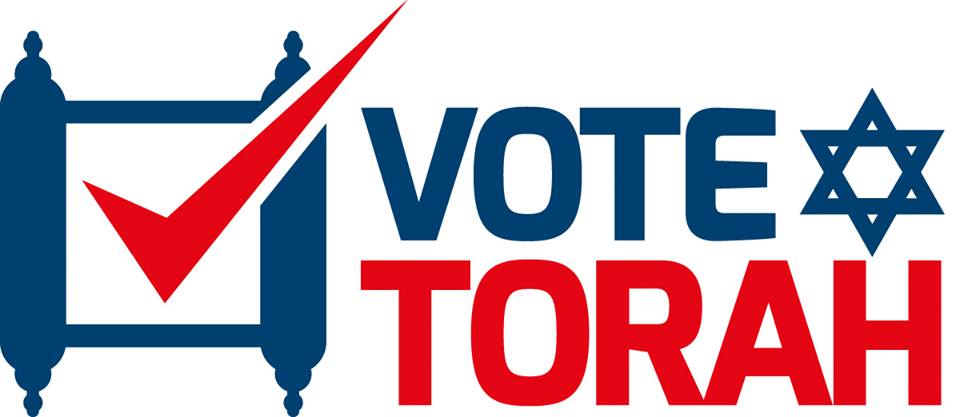As a full time Bnei Akiva employee, I spend much of my time jetting back and forth between Israel and the United States. On every trip, I encounter interesting and passionate individuals who are committed to both their Judaism and the State of Israel.
These individuals are leaders in our Zionist youth movements, organizers of the Celebrate Israel Parade, teachers at the top Jewish educational institutions, and the first to spring into action and stand with Israel during her most challenging moments. Dedicated to religious Zionist ideals, they are constantly asking themselves (and me) if it is truly possible for Zionism to exist outside of Israel. This question (asked in hopeful tones) is central to their ideology and molds their identity.
The dilemma dates back to the 1800s and the origins of the Zionist movement. After witnessing the Dreyfus affair and anticipating an unprecedented rise in anti-Semitism, Theodor Herzl and his companions formed a movement whose sole aim was to provide safety for all Jews.
When Uganda was offered to the leaders of the Zionist movement as a potential homeland for the Jews, the idea was not immediately dismissed. In its earliest form, Zionism was not tethered to a particular land and focused entirely on the preservation of Jewish life. As such, any safe haven would have achieved the Zionist ideals of the time.
Obviously, the aims of Zionism have since evolved, and it is essential that we understand the ideals of contemporary Zionism in order to ascertain whether it is innately connected to a geographical location.
If we consider Zionism to be the creation of a common culture, a national sense of pride and unity, then it is something that Jews can rally around and feel connected to regardless of where they may find themselves. In Jewish elementary and high schools across the United States, students are learning about the culture, singing the songs, and developing a connection to their Jewish brethren around the world. As such, we should have no problem labeling them as Zionists.
If Zionism is about the establishment of a national language, then it is also nonspecific to Israel. Hebrew is being taught, studied and spoken everywhere, and is a central component of Jewish education. Anyone who speaks Hebrew should be deemed an ardent Zionist.
However, if Zionism is about physically building our homeland, then one must live in that place to fulfill the ideal. If Zionism is solely focused on developing the Modern State of Israel “from the inside,” then it would be impossible for Zionism to exist outside of Israel.
Religious Zionism provides us with an additional perspective.
Rav Avraham Yitzchak HaCohen Kook, a Torah luminary and the first Chief Rabbi of Israel, explained that religion and Zionism are innately intertwined. Stated otherwise, he believed that Zionism is a religious issue. Thus, individuals who find themselves embroiled in the constant struggle to safeguard Torah values are not just deeply religious but also true Zionists.
This definition of Zionism is the one embraced by the Religious Zionist Slate, a party in the World Zionist Congress comprised of delegates from America’s foundational religious Zionist organizations who seek to strengthen Israel’s “Jewish soul.” In the current elections for the World Zionist Congress (running until April 30), the Religious Zionist Slate is campaigning under the banner “Vote Torah,” encouraging religious Zionists in America to exercise their right to vote in order to ensure growth and development in Israel, and Jewish communities around the world, that is imbued with the strength of Torah ideals.
Taking this viewpoint into account, it appears as though we have resolved our query.
Parents who educate their children about the history and importance of the State of Israel, explain its centrality to Jewish life as the true Jewish homeland, and set examples for standing with Israel during the best and worst of times can be counted among the world’s proud Zionists.
Families who are always looking towards the East and take every opportunity to visit Israel, support the Israeli economy, and identify with Israel as a central component of their identities are living according to Zionist ideals.
And those who make the effort to support the continued growth of Torah education and the development of religious outreach in Israel as well as the promotion of Aliyah and the security of a united Jerusalem through every means possible – from activism to financial support to the simple act of voting in the elections for the World Zionist Congress – are Zionists in the truest sense, regardless of where they live.
These individuals prove beyond a shadow of a doubt that Zionism doesn’t only exist outside of Israel but is alive and well, thriving and growing every day.
CAST YOUR VOTE! Please visit www.votetorah.org.
Rabbi Shaul Feldman is the Director of Bnei Akiva of the US and Canada. Previously, he held teaching positions at Yeshivat Kerem B’Yavneh, Yeshiva University and Torah Mi’Zion Kollel, and spent four years as a Bnei Akiva shaliach. Rabbi Feldman is also the Campaign Chair of the Religious Zionist Slate (www.VoteTorah.org), a party running in the World Zionist Congress elections.







